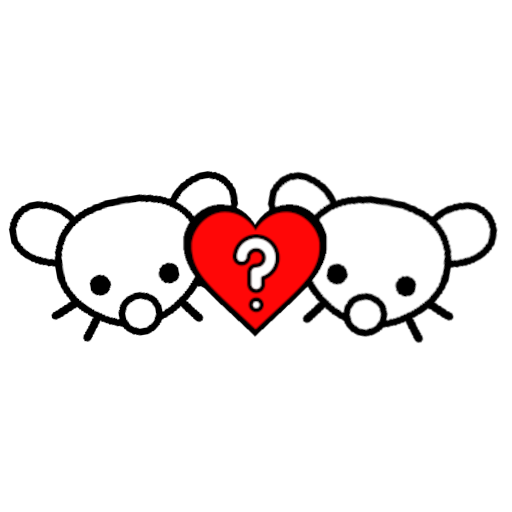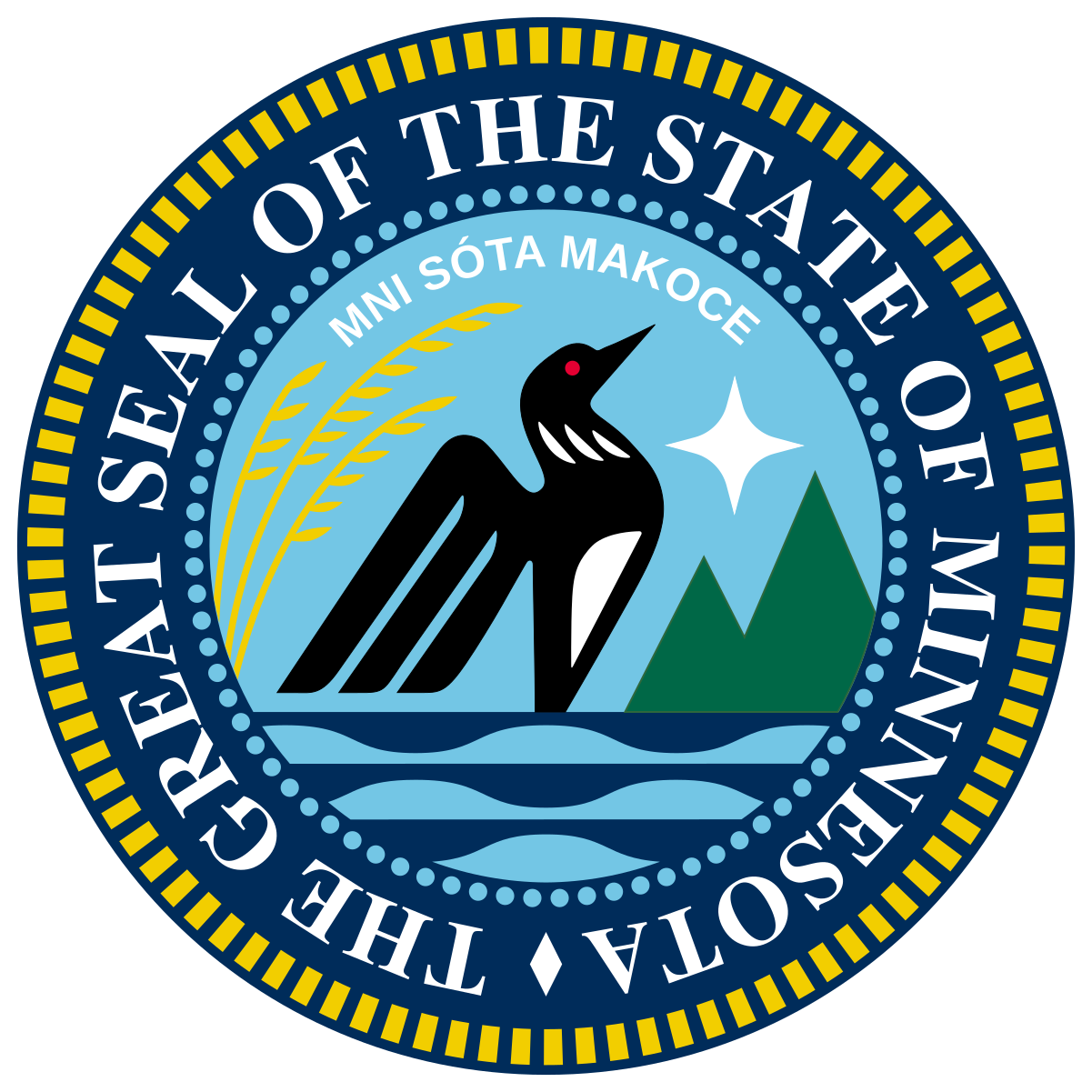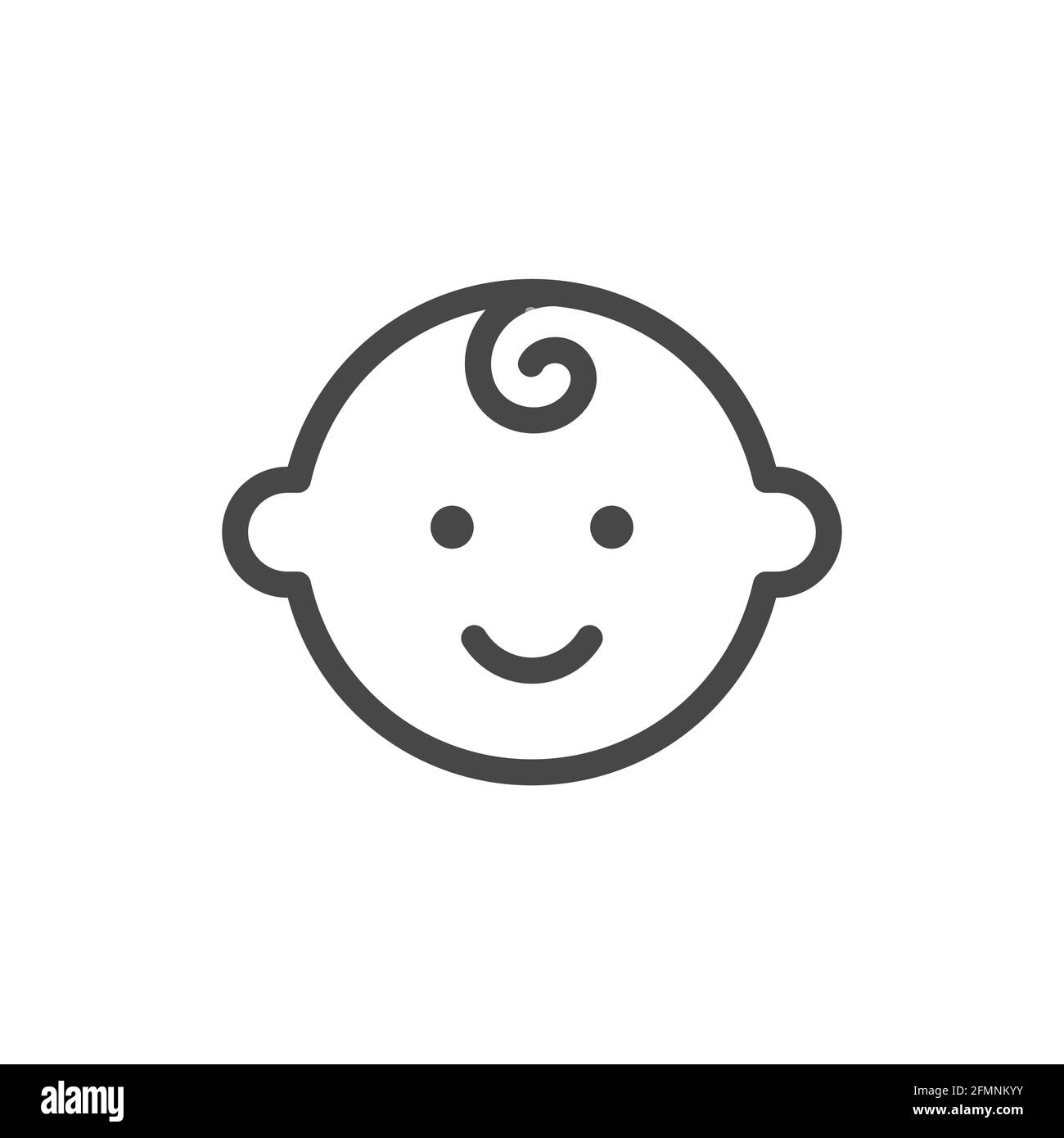

I love reading the classics like Frankenstein. Not because they are all great but because you can see the origin of iconic pieces of culture. Sometimes you love them and sometimes you wonder why they got so popular. I remember liking Frankenstein when I read it but that was a while ago I forgot why. Got to try again


























Payment processors shouldn’t be held liable for what other websites do. This sets a bad precedent for anything that someone can object to. Porn, videogames, certain political speech, etc. which this day and age is everything.
I feel terrible for the women but this isn’t going to make anything safer or better. Throw the book at the website and it’s owners. If anything stopping legit payment processors from working with pork companies will make more abuse.